Resources
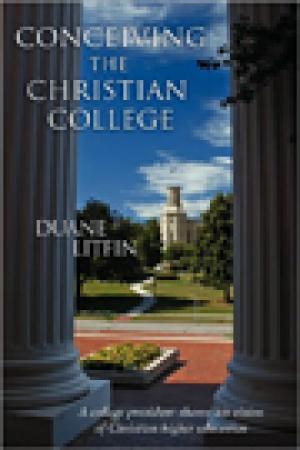
This book is designed to help those who are interested in Christian higher education explore anew the unique features, opportunities, and contemporary challenges of one distinct type of educational institution - the Christian college. What distinguishes Conceiving the Christian College from the many other books on this subject is its incisive discussion of a set of crucial ideas widely misunderstood in the world of Christian higher education. Now serving in his eleventh year as president of one of the nation's foremost Christian colleges, Duane Litfin is well placed to ask pressing questions regarding faith-based education. What is unique about Christian colleges? What is required to sustain them? How do they maintain their bearing in the tumultuous intellectual seas of the twenty-first century? Litfin's themes are large, but they are meant to refocus the conceptual challenges to Christian education in ways that will strengthen both the academic environment of today's Christian colleges and their impact on culture at large. (From the Publisher)
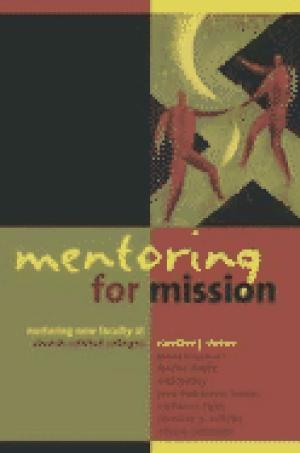
Simon presents Roman Catholic and Protestant perspectives on ways to nurture new faculty at church-related educational institutions, for those involved in administering faculty development programs and for those seeking advice on designing and implementing such programs. (From the Publisher)
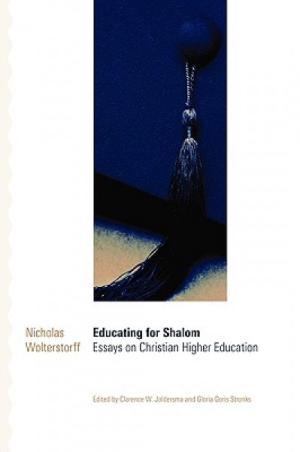
In addition to his notable work as a premier Christian philosopher, Nicholas Wolterstorff has become a leading voice on faith-based higher education. This volume gathers the best of Wolterstorff's essays from the past twenty-five years dealing collectively with the purpose of Christian higher education and the nature of academic learning. Integrated throughout by the biblical idea of shalom, these nineteen essays present a robust framework for thinking about education that combines a Reformed confessional perspective with a radical social conscience and an increasingly progressivist pedagogy. Wolterstorff develops his ideas in relation to an astonishing variety of thinkers ranging from Calvin, Kuyper, and Jellema to Augustine, Aquinas, and Kant to Weber, Habermas, and MacIntyre. In the process, he critiques various models of education, classic foundationalism, modernization theory, liberal arts, and academic freedom. (From the Publisher)
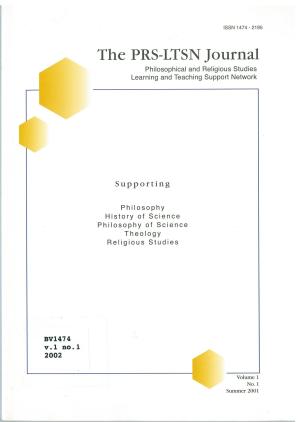
Journal Issue.
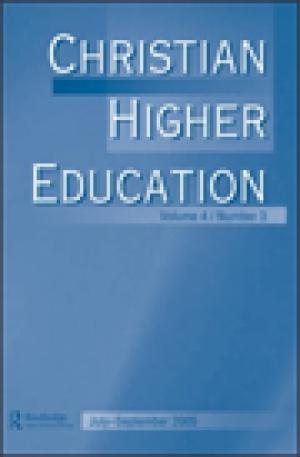
Journal Issue.
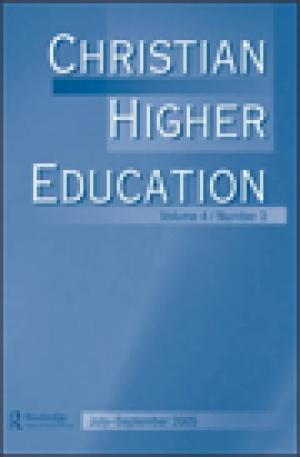
Journal Issue.
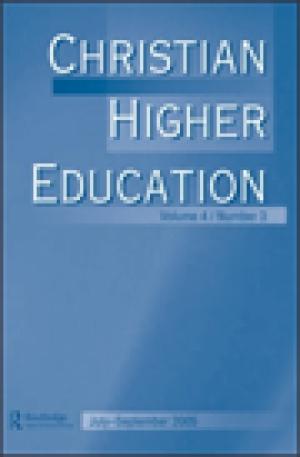
Journal Issue.
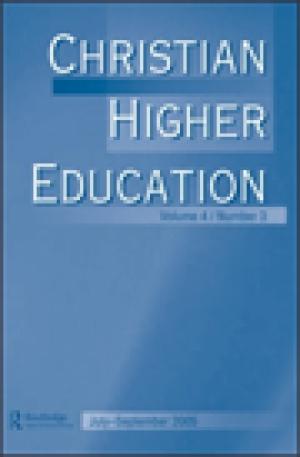
Journal Issue.